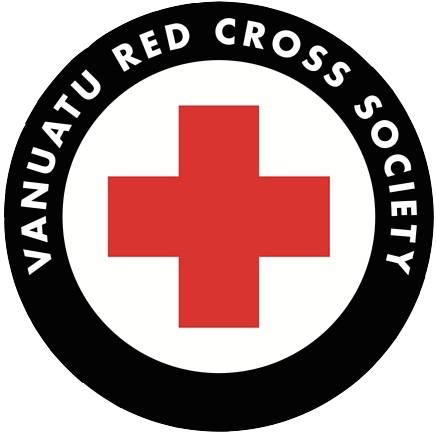Source: Tricia Wilden
Vanuatu Red Cross Society in collaboration with the Vanuatu Meteorology and Geo-hazards Department co-hosted a four-day climate workshop from November 11th-13th in Isangel (Tanna) aimed at increasing community awareness and understanding about the current El Niño weather event.
Many communities on Tanna Island face serious food and water shortages as a result of the current El Niño-related drought and lasting damage from Tropical Cyclone Pam. The current El Niño event is one of the strongest global weather patterns on record and has resulted in drier-than-average conditions not only in Tanna, but Vanuatu-wide. Many of these drought-affected communities are still recovering after being severely impacted by Tropical Cyclone Pam.
Source: Tricia Wilden
The weather and climate workshop, funded through Australian Aid’s ‘Disaster and Crisis Preparedness Project’ and supported by Australian Red Cross and Vanuatu Red Cross, brought together Red Cross volunteers, rainfall collectors, Community Disaster Committee (CDC) representatives, area council representatives, government representatives and representatives from Non-Government Organisations in North, West, Central, South and East Tanna. It provided an opportunity to build strong professional relationships and a network between organisations working to support El Niño affected communities in Tanna.
During the workshop a variety of Disaster Risk Reduction (DRR) techniques were shared with participants, aimed at helping to reduce the impact of natural disasters such as earthquakes, floods, droughts and cyclones, through an ethic of prevention. A collaborative approach was taken during the workshop, with an exchange of ideas allowing participants to access and respond to information about the current El Niño event and to learn from the experiences and knowledge of other communities.
The workshop was held in a “Train the Trainer” format so that participants could pass on their newly acquired knowledge to members of their local communities. The Klaod Nasara kit (an educational toolkit about El Niño and La Niña) was provided as a key resource for all participants to utilise within their communities. During the workshop all participants worked together to identify key actions, which if implemented effectively at a community level may help to address and alleviate the emerging issues relating to El Niño.
Source: Tricia Wilden
The participants not only learned about how to facilitate a climate and weather awareness program, they also prepared their own trial awareness program on the topic and carried out some practical awareness sessions in villages nearby Isangel and at the Lenakel Market house, also in Tanna. To maximise the impact of these dissemination sessions, participants also shared ideas and advice about how best to approach people from their communities. “I learned a lot of new ideas during the workshop and now I feel confident to carry out awareness sessions in my community and also other communities”, said one workshop participant. Another participant added “with all the knowledge gained from the training I can now stand in front of my community and explain El Niño to them”.
With the skills, knowledge and materials acquired during last week’s workshop, it is hoped that participants will carry out El Niño awareness sessions in their respective communities so that they may be adequately prepared for drought or in case another disaster should occur.

